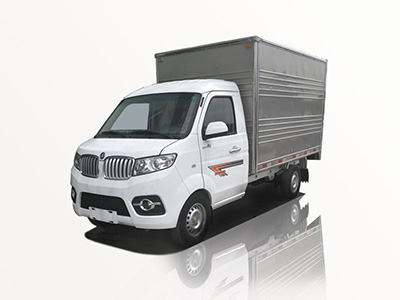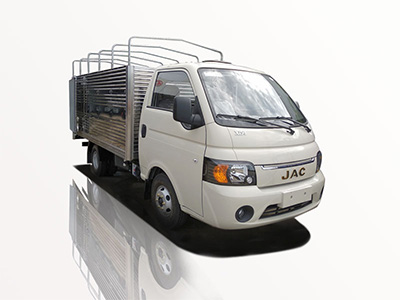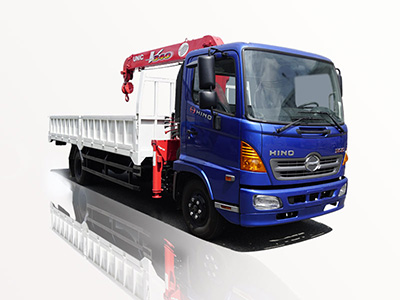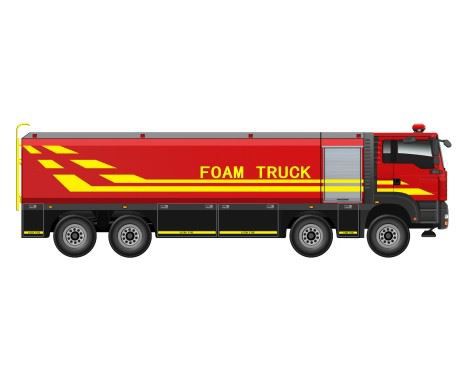When it comes to operating a semi truck, understanding the engine brake, also known as a Jake brake, is crucial for both safety and efficiency. This system plays a vital role in controlling speed, enhancing braking performance, and reducing wear on traditional brakes. In this article, we will explore the mechanics, benefits, and practical applications of semi truck engine brakes, offering insights that are invaluable for truck drivers and fleet managers alike.
What is a Semi Truck Engine Brake?
A semi truck engine brake is a braking system that uses the engine to slow down the vehicle. This system alters the engine’s function, allowing it to act as a brake by creating resistance in the engine’s cylinders. This method helps to decelerate the truck without relying solely on the traditional brake system.
How Does an Engine Brake Work?
The engine brake operates by manipulating the engine’s exhaust valves. When engaged, the engine’s exhaust valves are opened during the compression stroke, allowing the compressed air in the cylinders to escape. This action creates a vacuum effect, significantly slowing the truck down.
The Components of an Engine Brake
| Component | Description |
|---|---|
| Exhaust Valves | These valves open to release compression, creating resistance. |
| Electronic Control Module | This module regulates engine brake function based on driving conditions. |
| Actuator | Engages the engine brake system when the driver activates it. |
| Turbocharger | Enhances engine performance and aids in the braking process. |
Benefits of Using a Semi Truck Engine Brake
Engine brakes offer several benefits for semi truck drivers. Understanding these advantages can help improve driving techniques and vehicle maintenance.
Enhanced Safety
Using an engine brake allows for smoother deceleration, particularly when driving downhill or on slippery surfaces. This feature can be lifesaving in emergency situations.
Better Control
With an engine brake, drivers maintain more control over speed, especially in mountainous or hilly terrains. This control reduces the risk of brake fade that can occur with excessive use of traditional brakes.
Improved Brake Longevity
By using the engine brake, drivers can significantly reduce wear on brake pads and discs, leading to lower maintenance costs and longer-lasting brake systems.
Fuel Efficiency
Using engine brakes helps maintain speed without accelerating, which can lead to improved fuel efficiency during long hauls.
How to Effectively Use a Semi Truck Engine Brake
Using an engine brake correctly can optimize its benefits. Here are some practical tips for drivers.
Engage at the Right Times
Activate the engine brake when descending steep hills or during heavy braking conditions. This practice helps maintain a safe speed without overly relying on traditional brakes.
Understand Your Truck’s Engine Brake Settings
Most semi trucks come equipped with adjustable engine brake settings. Familiarize yourself with these settings to enhance performance based on road conditions.
Three-Stage Engine Brakes
Many modern trucks feature three-stage engine brakes, which allow drivers to choose the level of braking force. Understand how to adjust these settings for optimal performance:
- Stage 1: Light braking for gradual deceleration.
- Stage 2: Moderate braking for standard conditions.
- Stage 3: Maximum braking for steep grades or emergency situations.
Practice Makes Perfect
Spend time practicing with the engine brake in various driving conditions. This familiarity will help you become more confident and effective in using the system.
Common Misconceptions About Engine Brakes
There are several myths surrounding semi truck engine brakes that can lead to misunderstandings.
Myth 1: Engine Brakes are Only for Descents
While engine brakes are immensely helpful on descents, they can be used in various situations, including when entering curves or slowing down in traffic.
Myth 2: Engine Brakes are Harmful to the Engine
When used correctly, engine brakes do not harm the engine. In fact, they can prolong the lifespan of both the braking and engine systems.
Myth 3: Engine Brakes Don’t Work in Cold Weather
Engine brakes function well in cold weather; however, it is essential to be cautious with slippery road conditions. Always adapt your driving style to the weather.
Maintenance of Engine Brake Systems
Proper maintenance ensures that your engine brake system operates efficiently, prolonging its life and enhancing performance.
Regular Inspections
Schedule regular inspections of your engine brake system as part of your truck’s routine maintenance. Look for signs of wear or malfunction, particularly in the actuator and control module.
Fluid Checks
Regularly check the engine oil and related fluids, which are vital for the proper functioning of the engine brake system and overall engine performance.
Professional Assistance
If you notice unusual noises or performance issues when using the engine brake, consult a professional mechanic to prevent further damage.
Comparative Analysis: Engine Brakes vs. Traditional Brakes
It’s helpful to understand how engine brakes stack up against traditional braking systems. This table outlines the key differences:
| Feature | Engine Brake | Traditional Brake |
|---|---|---|
| Operation | Uses engine’s compression for braking | Uses friction to stop the vehicle |
| Usage | Best for descending and maintaining speed | Best for stopping the vehicle |
| Wear | Less wear on brake components | Higher wear on brake pads and discs |
| Fuel Efficiency | Can improve fuel consumption | No significant impact on fuel efficiency |
FAQs About Semi Truck Engine Brakes
What is the best way to engage the engine brake?
The best way to engage the engine brake is by using it during descents or when reducing speed in heavy traffic, ensuring you are accustomed to the settings of your specific truck.
Is it safe to use an engine brake in the rain?
Yes, it is safe to use engine brakes in the rain, but caution is advised. Reduce speed gradually to maintain control and avoid skidding.
Can an engine brake replace traditional braking systems?
No, an engine brake should not replace traditional brakes; instead, it serves as a supplementary system that enhances braking power and efficiency.
How do I know if my engine brake needs maintenance?
If you notice diminished performance, unusual noises, or a warning light on your dashboard, it’s time for an inspection or maintenance service.
Do all semi trucks have engine brakes?
No, not all semi trucks come equipped with engine brakes. It’s important to check the specifications of your truck model.
What should I do if my engine brake is malfunctioning?
If your engine brake malfunctions, check your owner’s manual, inspect the system for obvious issues, and consult a qualified mechanic for repairs.



